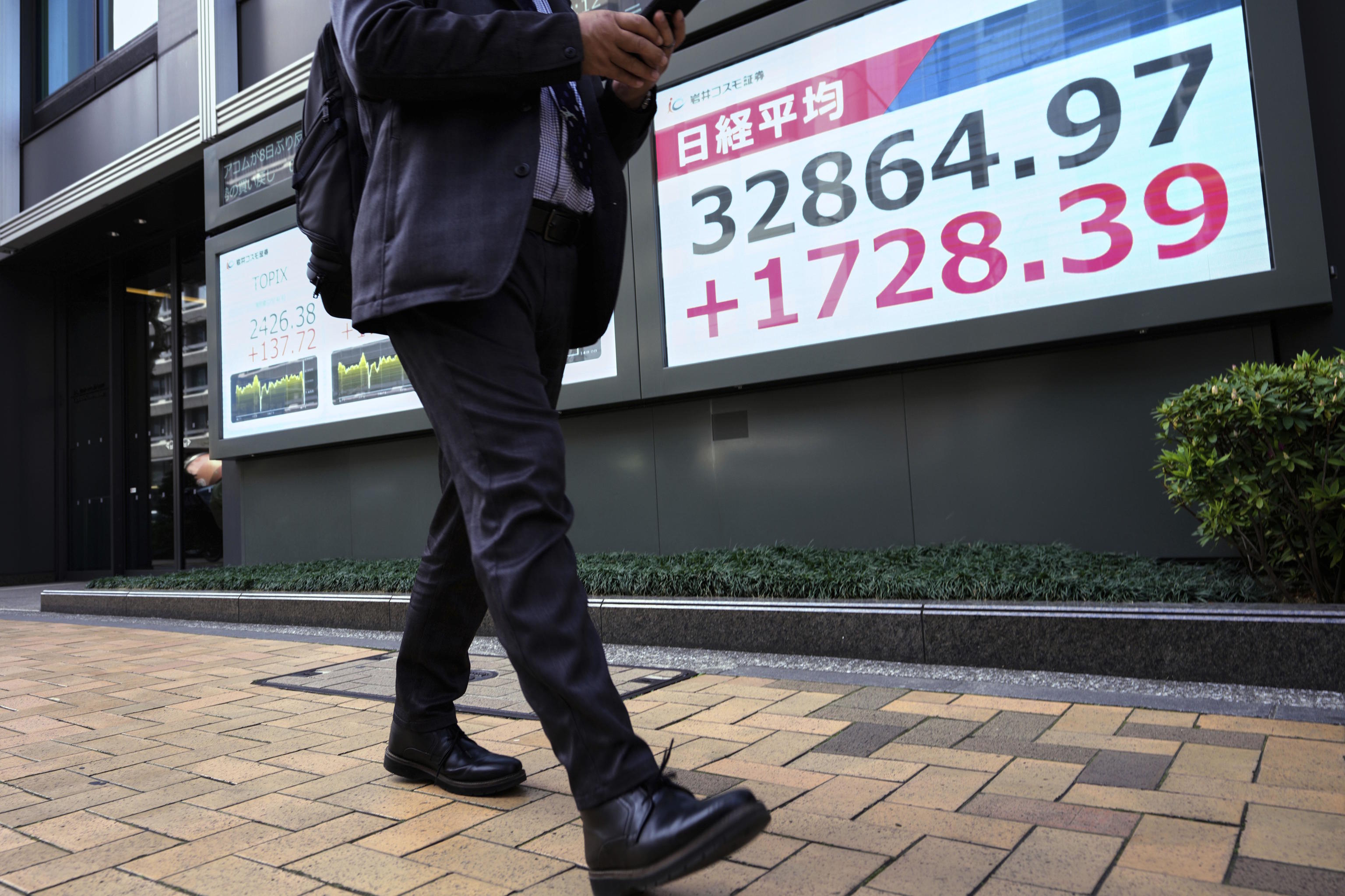There is a dead cat here... and the confirmation came this Wednesday. Tuesday's rise in European markets was a sigh, an opportunity that investors used to buy taking advantage of the sales, technically known as the "dead cat bounce." What does it consist of? Precisely what has been seen in the stock markets this week, where after two days of strong corrections in the markets, with falls exceeding 11% for the Ibex 35, investors took a breather yesterday. However, this fall is inevitable as the markets have been reflecting since last Friday the fear of a global recession due to the trade war opened by the Donald Trump Administration.
Today is, in fact, the day when the new tariffs announced by the US come into effect, which, in the case of the European Union, will be 20%, while for China, it was doubled yesterday to a mega-rate of 104%. The fear is such that the index that measures it (figuratively), the US VIX, continues to climb this Wednesday and stands above 50 basis points, at levels not seen since 2020 with the outbreak of the pandemic.
Thus, the Spanish stock market opens with a new plummet of 2.5% (less than what futures were anticipating, as much as 4% were being lost before the session opened). Within the index, the biggest drops are once again in the banks, with Banco Sabadell at the bottom with losses exceeding 6%. All 35 titles of the selective index are in the red today. In Europe, the EuroStoxx 50 drops more than 3%, as does the German stock market, the Parisian one, and the US-friendly stock market, the London Stock Exchange, which opened with a 2.6% decline.
Today is also a day of sales in the bond market, a traditional haven for investors, with Spanish bonds at 3.4%, while German 10-year debt rises to 2.66%. The price of oil continues to drop moderately, down to $61 for European Brent crude.
Yesterday, the American market already signaled that the rebound was science fiction. It lasted only a few hours on Wall Street until, once again, the US President took a step further in his tariff escalation by announcing that he would double border rates with China to 104%, and he did this while the American market was still open. Hence, the S&P 500 and the Nasdaq technology index suffered a new setback, closing with losses of 1.5% and 2%, respectively. It is striking how this news passed almost unnoticed by Chinese investors, where their main indices, such as the CSI 300 or the Shanghai index, closed slightly positive this morning (Spanish time). Not the most international of Asian stock markets, the Japanese Nikkei index, with losses of 4%.
Today, high-level meetings are being held in the economic authorities of China and Japan to analyze the situation and take measures against the trade war opened by the White House.
